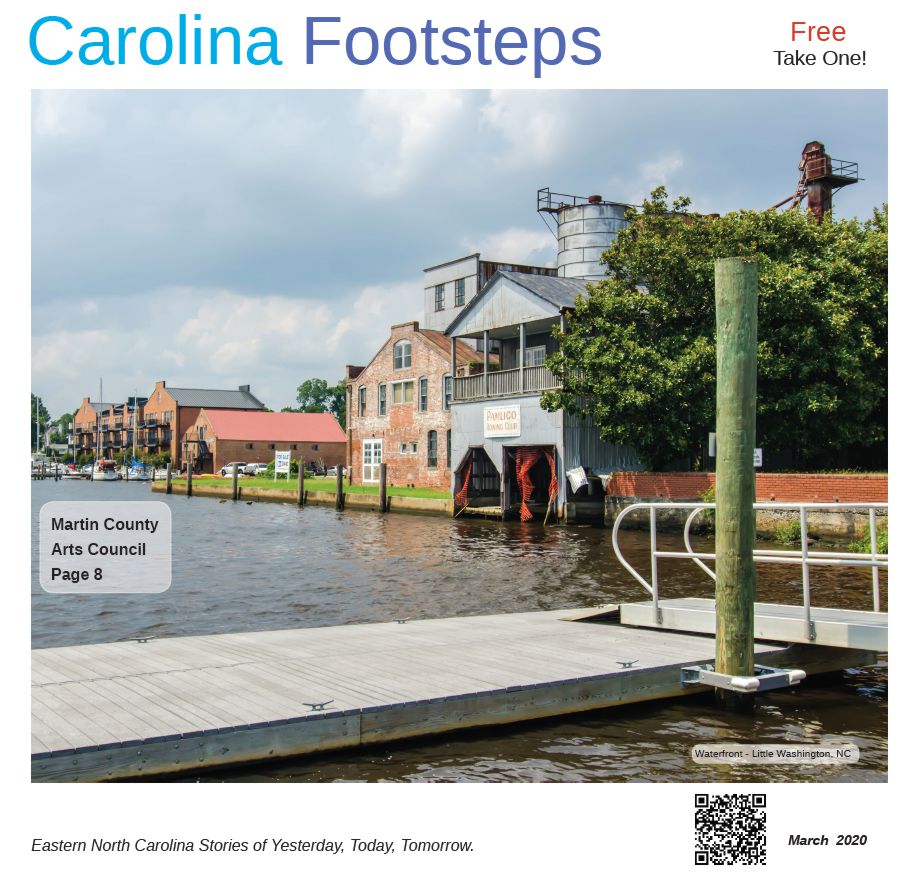“You are gods, And all of you are children of the Most High.” (Psalm 82:6)
What of our daily struggle with the drab, with the mundane, with the same-old same-old? And yet, what of the vast, the cosmic, the numinous—always, it seems, just beyond our grasp? Are our lives not stretched in a certain tension between these?
Abba Lot went to see Abba Joseph and said to him, ‘Abba as far as I can, I say my little office, I fast a little, I pray and meditate, I live in peace and as far as I can, I purify my thoughts. What else can I do?’ Then the old man stood up and stretched his hands towards heaven. His fingers became like ten lamps of fire and he said to him, ‘If you will, you can become all flame.’
Sayings of the Desert Fathers, 4th century AD.
I took a few of days off work. I’m between seasons and I don’t have any big projects afoot now; so the dog and I have been running. We’ve run miles and miles over sandy dirt farm roads and rock roads, and down long, lonely blacktops. The grey overcast that has been our low country’s lot for many weeks continues, and the soft monochrome seems to pierce an outer shell about me, a shell that usually deflects the world—this grey landscape and the weightless, endless cycle of the stride and the monotonous rhythm of my breath seem to pierce that shell, and to erode my cynicism and my defenses, and to gently subdue the analytical, justifying mind, and to open forgotten windows onto the interior places. Of what does one become aware then, in this place of quiet? Of what does one become aware, but of the ponderous weight of the mundane, and of the painful, empty gashes in one’s soul, and of dark proclivities? And sometimes, of a soft light that illumines everything from within.
For what has not been assumed has not been healed;it is what is united to His divinity that has been saved.
Gregory of Nanzianzus; 329-389 AD.
For the forty days before Christmas, while the ambient western culture was expending itself in festivity and consumerism, the ancient Orthodox world was observing the penitential season of Advent—a preparatory time of fasting and repentance. Advent was part of western Christianity’s inheritance from the united Church but, sadly, over the centuries, the substance of the season has been forgotten in the West. Now, at the time of this writing, after the West has exhausted itself in Christmas revelry, Orthodox is in the heart of the Christmas season, which starts on December 25 and extends to the great feast of Theophany on January 6—hence the celebratory period of the “twelve days of Christmas,” (which likewise has been forgotten, except in name, in the West). Traditionally in Orthodoxy, these twelve days are a time of festivity, visiting, and rest; no fasting is permitted!
But, why Advent? Why a season of fasting, introspection, repentance, in anticipation of Christmas? What does the ancient Faith say to us about the Incarnation in calling us to prepare the deep places of our hearts so diligently?
“God became man so that men might become gods.”
Athanasius of Alexandria c. 296 AD-May 2, 373 AD.
C. S. Lewis, the brilliant Oxford don who created the Narnia allegories for children, and authored many widely-read books for adults—he was perhaps the most important popular Christian writer of the twentieth century— understood this teaching and conveyed it compellingly in the book, Mere Christianity:
The command “Be ye perfect” is not idealistic gas. Nor is it a command to do the impossible. He is going to make us into creatures that can obey that command. He said (in the Bible) that we were “gods” and He is going to make good His words. If we let Him—for we can prevent Him, if we choose—He will make the feeblest and filthiest of us into a god or goddess, dazzling, radiant, immortal creatures, pulsating all through with such energy and joy and wisdom and love as we cannot now imagine, a bright stainless mirror which reflects back to Him perfectly (though, of course, on a smaller scale) His own boundless power and delight and goodness. The process will be long and in parts very painful; but that is what we are in for. Nothing less. He meant what he said.
This, then, is the immense import of this event, the Incarnation—the ancient Church teaches that the assuming by God of the unbearable weight of the fallen cosmos, the weight of the rejection of Himself by His own creation, is the turning of the tide in the war over us, the vast cosmic war between Light and the forces of darkness, over us.
By His Incarnation, and by His completion of the task (“It is finished.” John 19:30), Jesus presented us the opportunity to reconcile our rejection of Him. Our response to this offer is the only thing that will define our lives. We have a few years of opportunity. It is incumbent upon us, then, to struggle to honor His condescension.
Unless a man’s life is accompanied by inner grief, he cannot endure the incandescence of stillness.
St. Gregory of Sinai; (1260s – November 27, 1346 AD)
For my part, I ponder the late, low light, and the early darkness of these drab, bitter days. I watch vees of wild geese against the low, grey sky. I am reminded of painful partings that cut to the center of things. We have sustained losses. Somehow, paradoxically, these are transfigured. I don’t know how. I place one foot before the next. I help to chant the ancient services; I watch the candles flicker and a beam of attenuated light, like a lamp through frosted glass, illumine the ascending incense and the mundane. This becomes enough.
All chapters copyright © 2016 by author N. M.; inquiries c/o St. George’s Church, P.O. Box 38, Edenton, NC. (252) 482-2006.
ORTHODOX CHRISTIANITY: WE HAVE SUSTAINED LOSSES
 Reviewed by kensunm
on
7:00:00 AM
Rating:
Reviewed by kensunm
on
7:00:00 AM
Rating:
 Reviewed by kensunm
on
7:00:00 AM
Rating:
Reviewed by kensunm
on
7:00:00 AM
Rating:







No comments: